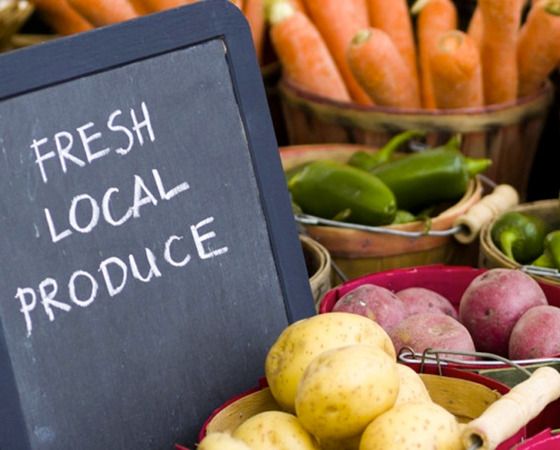Few companies can say that they’ve had an easy time fundraising this year. But the team behind Italy’s delivery service Soplaya says that the €3.5 million ($4.99 million) funding round it just closed was pretty fast and painless, all things considered.
“We had our best month ever in March, and in April was when the investors made the final decision,” co-founder Mauro Germani told AFN.
Germani isn’t boasting. In March, when Soplaya’s business was booming, all eyes were on Italy’s devastating fight against the coronavirus. Northern Italy, where Soplaya is based, was hit so early and severely that Italy still has the fifth highest death count worldwide from the disease. Economic activity ground to a halt, including for the restaurants and other foodservice businesses that Soplaya’s platform was designed for.
Until that point, Soplaya operated strictly as a B2B platform, connecting local food producers to commercial buyers. To help its producer partners keep business coming in, Soplaya’s team decided to tack on a B2C service.
“In one weekend, our team made a decision to change [gears],” Germani explains.“We created a new website from scratch and changed our logistics to help our producers survive the crisis.”
The service proved extremely popular for northern Italian households unable to shop normally. Investors were won over by the success of Soplaya’s quick pivot.
The company’s first institutional round was co-led by Milan-based early-stage venture capital firm P101 and CDP Venture Capital SGR-Fondo Nazionale Innovazione.
Localizing the food chain
Most restaurant and foodservice businesses rely on wholesalers to deliver their food supplies. While convenient, the range and quality of products they can source is often limited. “Wholesalers make decisions around a small number of items that are easy to sell,” Germani explains. Smaller local or organic food producers often get shut out of the market.
Germani co-founded Soplaya in 2018 with partners Gian Carlo Cesarin, Ivan Litsvinenka and Davide Marchesi with a goal of making it easier for small and mid-size food producers and businesses seeking high-quality local foods to connect to one another.
Soplaya’s team set up a platform to streamline business transactions, everything from ordering to payment collection, so that producers and buyers would have a simpler alternative to relying on individual connections and farmers markets.
But the team quickly realized they were “solving only a tiny issue,” Germani admits. A bigger barrier to localizing food supply chains was logistics.
“The only way for a restaurant to switch from their regular wholesaler to a method that shortens the supply chain is to have a service that is super effective—five deliveries a week, within 12 to 24 hours,” he explains. “We understood that by building a very effective, scalable logistics model, we could deliver a better user experience.”
Building a logistics business is an entirely different—and more capital intensive—undertaking than running a tech platform. In the cities where Soplaya currently operates in the northern Italian regions of Friuli Venezia Giulia and Veneto, it has its own fleet of vehicles and warehouses. In rural areas, the company contracts with other vehicle operators. In spite of these expenses, Germani says Soplaya operates a lean logistics business; the unit economics of its city operations are already profitable or near profitability, he adds.
“By having very streamlined, effective, just-in-time logistics with distributed hubs and sourcing mostly locally from producers, you can create a supply chain without all of the costs, [particularly because] you have inventory that is passing through very fast,” Germani explains.
Growth mode
What excites Germani and its team is that Soplaya is proving that shorter, more localized supply chains are possible—and scalable. He says by connecting smaller, local producers to buyers nearby, Soplaya is helping to both democratize and diversify the food system.
“The entire supply chain will go towards a radical change, driven by the need for greater variety, transparency, speed, flexibility, simplification. Soplaya is part of this process as it provides a service that meets both the changing needs of restaurateurs and those of producers,” said Andrea Di Camillo and Alessandro Tavecchio of P101 in a statement.
Added Enrico Resmini, CEO of CDP Venture Capital SGR SpA – Fondo Nazionale Innovazione: ”Soplaya’s growth shows that the company’s ambitious founding team has created an original model that is suitable for both solving the typical structural problems of these industries and for riding their emerging trends.”
As Italy’s economy reopens, Soplaya’s focus now is on expanding its B2B business once again. The company hopes to be in 10 Italian cities by 2022.
On the B2C side, Soplaya will continue servicing its existing customers in northern Italy.





